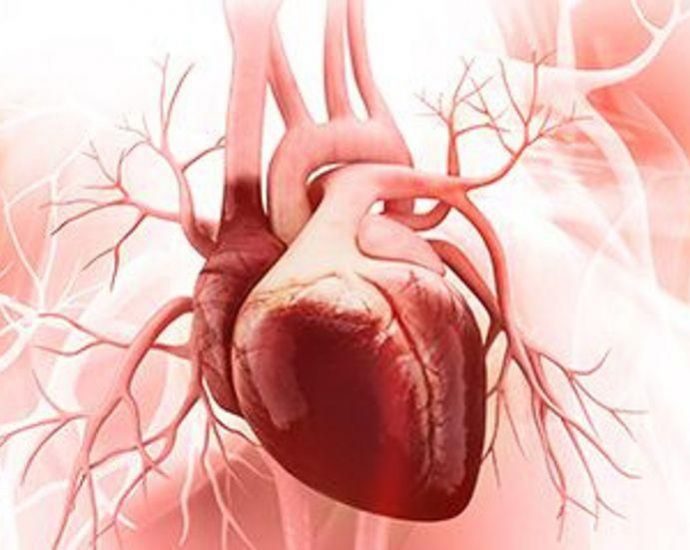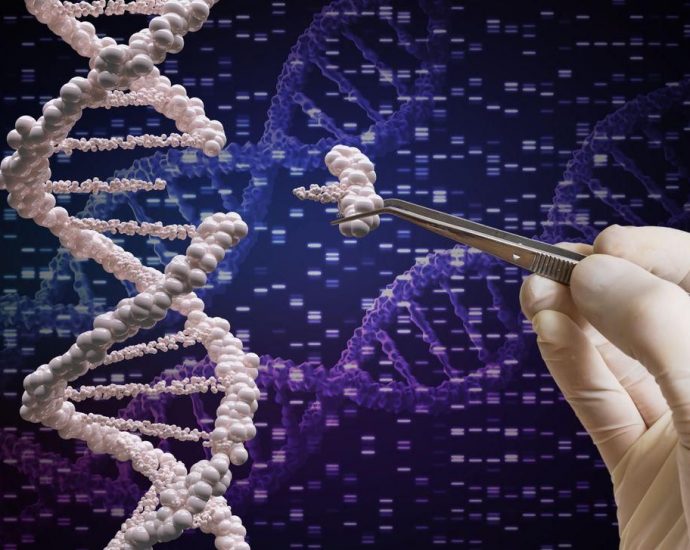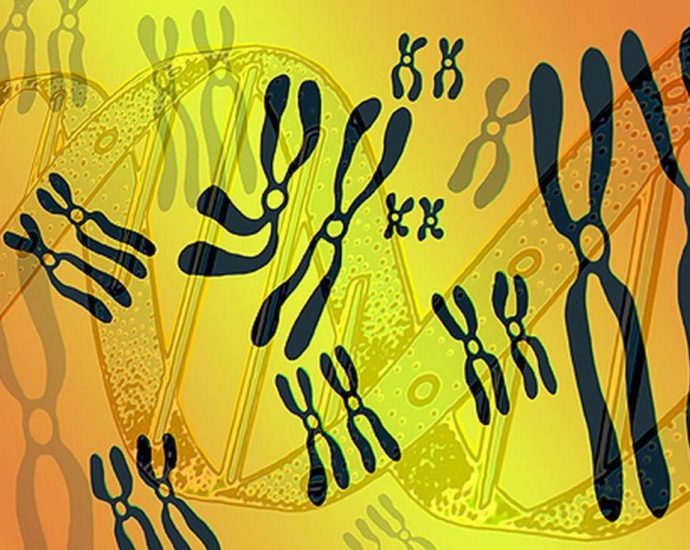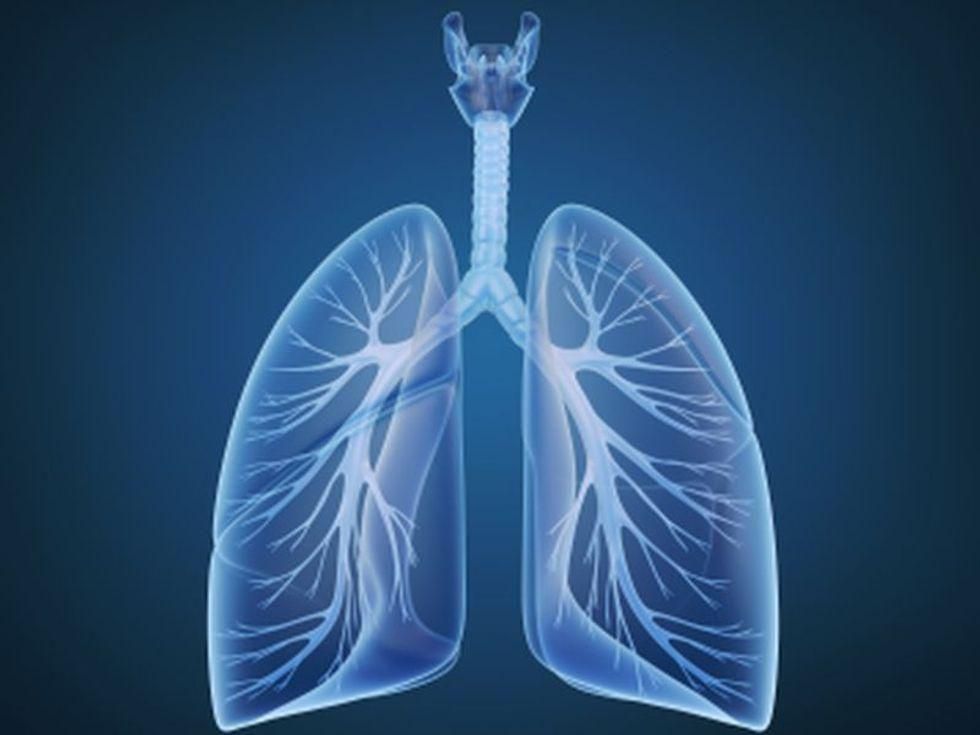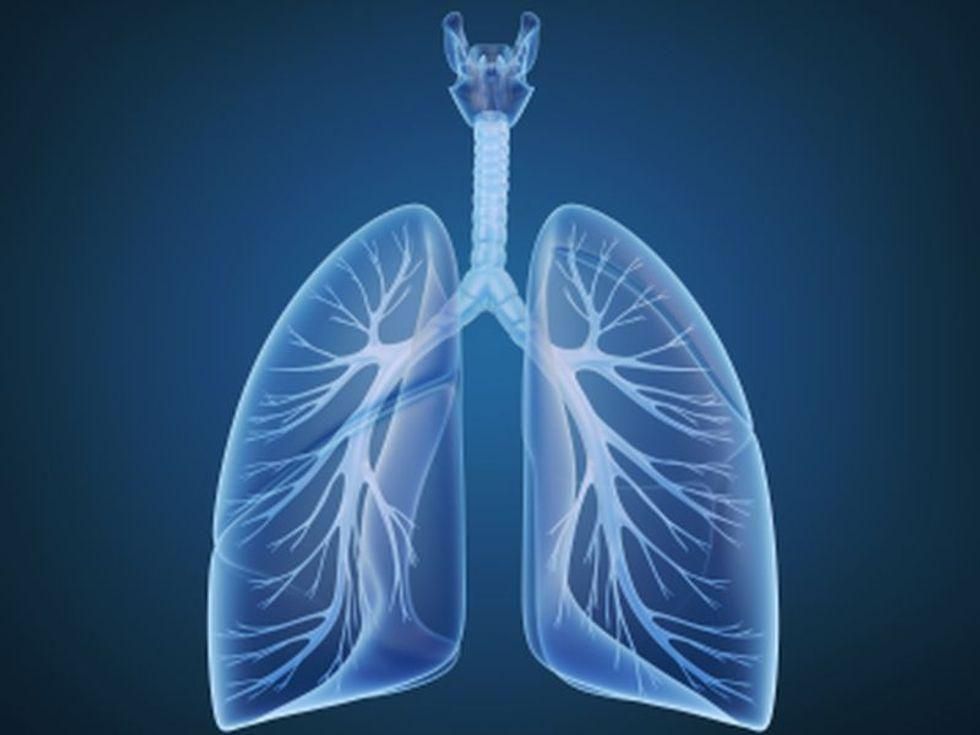Geneticists Probe Origins of Painful Cluster Headaches
MONDAY, July 19, 2021 (HealthDay News) — The causes of a type of excruciating headache known as cluster headaches aren’t clear, but heredity is known to play a role. Now, genetic factors associated with cluster headaches are under investigation as scientists search for more effective treatments. Researchers at the KarolinskaContinue Reading





